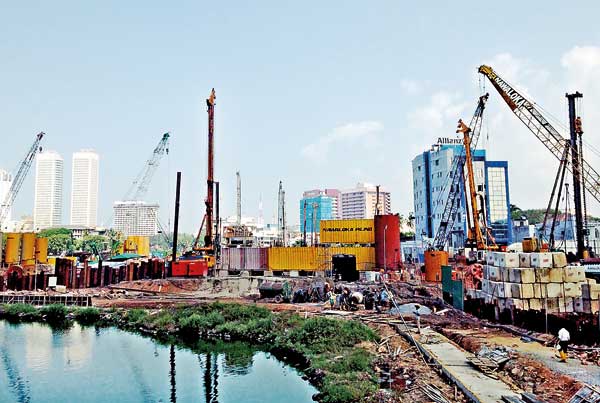Reply To:
Name - Reply Comment
Last Updated : 2024-04-20 00:00:00

.jpg) Nearly six years since the end of the war, Sri Lanka is struggling to get any impressive increase in foreign direct investment (FDI). The only notable increase in FDI has come in the property, leisure, mixed development and real estate sector, evidenced by projects like Shangri-La, Altair Tower, JKH Waterfront, ITC Hotels, etc. FDI targets have been falling sharply short of targets.
Nearly six years since the end of the war, Sri Lanka is struggling to get any impressive increase in foreign direct investment (FDI). The only notable increase in FDI has come in the property, leisure, mixed development and real estate sector, evidenced by projects like Shangri-La, Altair Tower, JKH Waterfront, ITC Hotels, etc. FDI targets have been falling sharply short of targets. 
Add comment
Comments will be edited (grammar, spelling and slang) and authorized at the discretion of Daily Mirror online. The website also has the right not to publish selected comments.
Reply To:
Name - Reply Comment
On March 26, a couple arriving from Thailand was arrested with 88 live animal
According to villagers from Naula-Moragolla out of 105 families 80 can afford
Is the situation in Sri Lanka so grim that locals harbour hope that they coul
A recent post on social media revealed that three purple-faced langurs near t